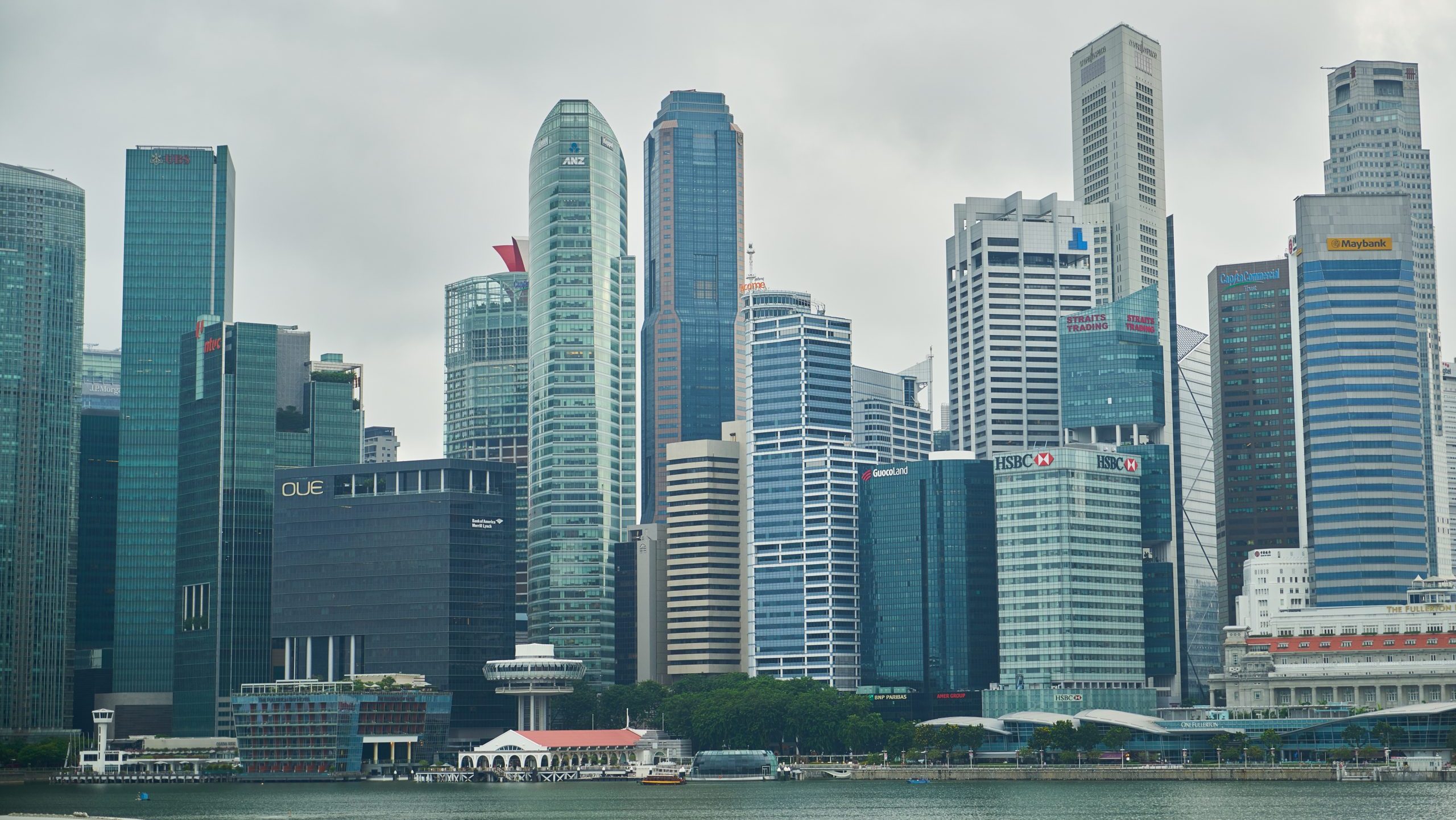SINGAPORE: Singapore can remain attractive to businesses with the Qualified Refundable Tax Credits (QRTC) scheme, according to insights from KPMG.
Singapore Business Review reports that with more countries adapting to the 15% global minimum tax, KPMG suggests that Lion City’s adoption of a QRTC scheme could serve as a strategic move to cushion the impact of the new global standard.
QRTC
QRTCs are incentives that offer tax credits on qualifying business expenditures. These credits can either be used to trim down corporate tax bills or cashed out within a span of four years.
In a recent note, KPMG highlighted the significance of such schemes, especially in light of Finance Minister Lawrence Wong’s Budget 2024 speech.
Wong rolled out the Refundable Investment Credit (RIC), which essentially dishes out tax credits alongside refundable cash features based on a company’s qualifying expenses.
From shelling out for capital expenditure to managing manpower costs and logistics, this perk covers a broad spectrum of business essentials, particularly in sectors like manufacturing, R&D, innovation, and decarbonisation.
Harvey Koenig, a KPMG representative in Singapore, stressed the importance of implementing QRTCs. With more economies hopping on the minimum tax bandwagon, Koenig believes “it is crucial for Singapore to also consider implementing QRTCs to preserve its competitive edge.”
The beauty of QRTCs, as Koenig points out, lies in their flexibility. Even if a business hasn’t hit profitability yet, it can still benefit from cash payouts thanks to the refundable feature.
Koenig stated, “This feature provides a lifeline akin to grant programmes, with added flexibility. Businesses can receive support over an extended period without the necessity to apply for support before initiating a specific project or activity.”
Singapore jumping on the 15% tax rate train is a part of its commitment to the Base Erosion Profit Shifting (BEPS) initiative laid out by the Organisation for Economic Co-operation and Development (OECD).
Nearly 140 nations have agreed to adopt this standard, and Singapore is no exception. However, to sweeten the deal and keep businesses on board, Koenig suggests that the government could dish out direct cash grants to companies affected by BEPS 2, spanning across various sectors.
Unlike tax incentives, these grants offer “direct financial support to enterprises, thereby potentially offering more immediate financial relief, while also mitigating the impact from Pillar Two,” Koenig said. /TISG
Read also: Singapore will require departing flights to use sustainable fuel starting 2026

